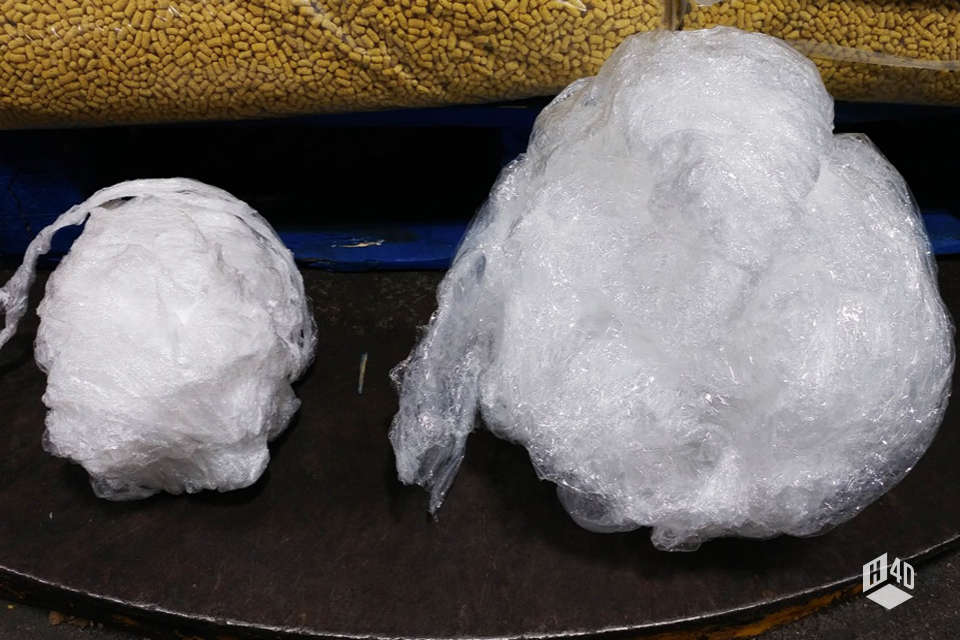Hazel 4D are stretching to meet the plastic waste challenge

By Hazel 4D Pallet-wrapping in the UK uses over 140,000 tonnes of plastic each year and a huge percentage of that is waste. The cost is massive, in money and environmental impact. So, what can we do to minimise plastic usage and waste without compromising stability? Our retail and logistic customers look to us to […]
Fighting plastic pollution with technology

Returnable and re-useable transit packaging and equipment is a key business and environmental asset; unfortunately, a huge amount is lost or stolen each year. Warren Harris, Insight and BD Manager at Bakers Basco tells us how they’re using to tech to cut down on attrition and catch thieves in the act… A major part of the issue […]

